24/7 Helpline:
(866) 899-221924/7 Helpline:
(866) 899-2219
Learn more about Couples Rehab centers in Grandfalls
Couples Rehab in Other Cities

Other Insurance Options

Access to Recovery (ATR) Voucher

CareFirst

Regence

EmblemHealth

Amerigroup

UnitedHealth Group

MVP Healthcare

Highmark

Kaiser Permanente

Anthem

Humana

BlueCross

Ambetter

State Farm

CareSource

Carleon

BlueShield

MHNNet Behavioral Health

PHCS Network

Magellan
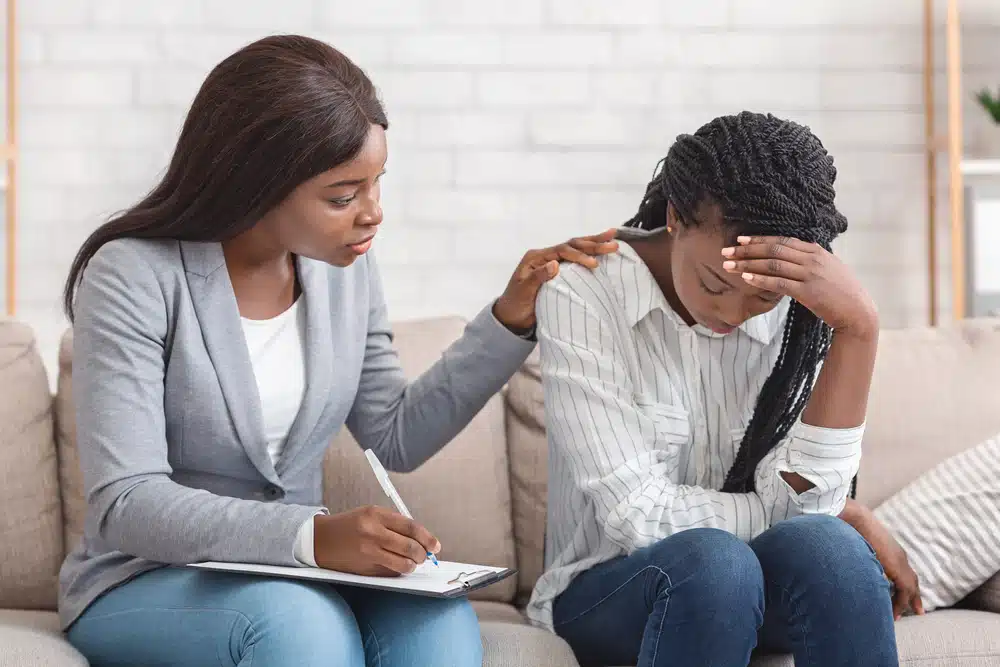
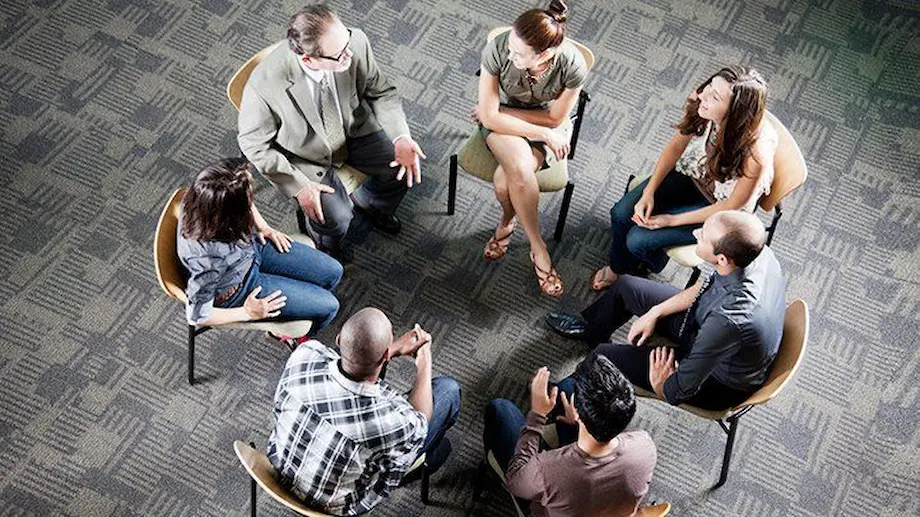
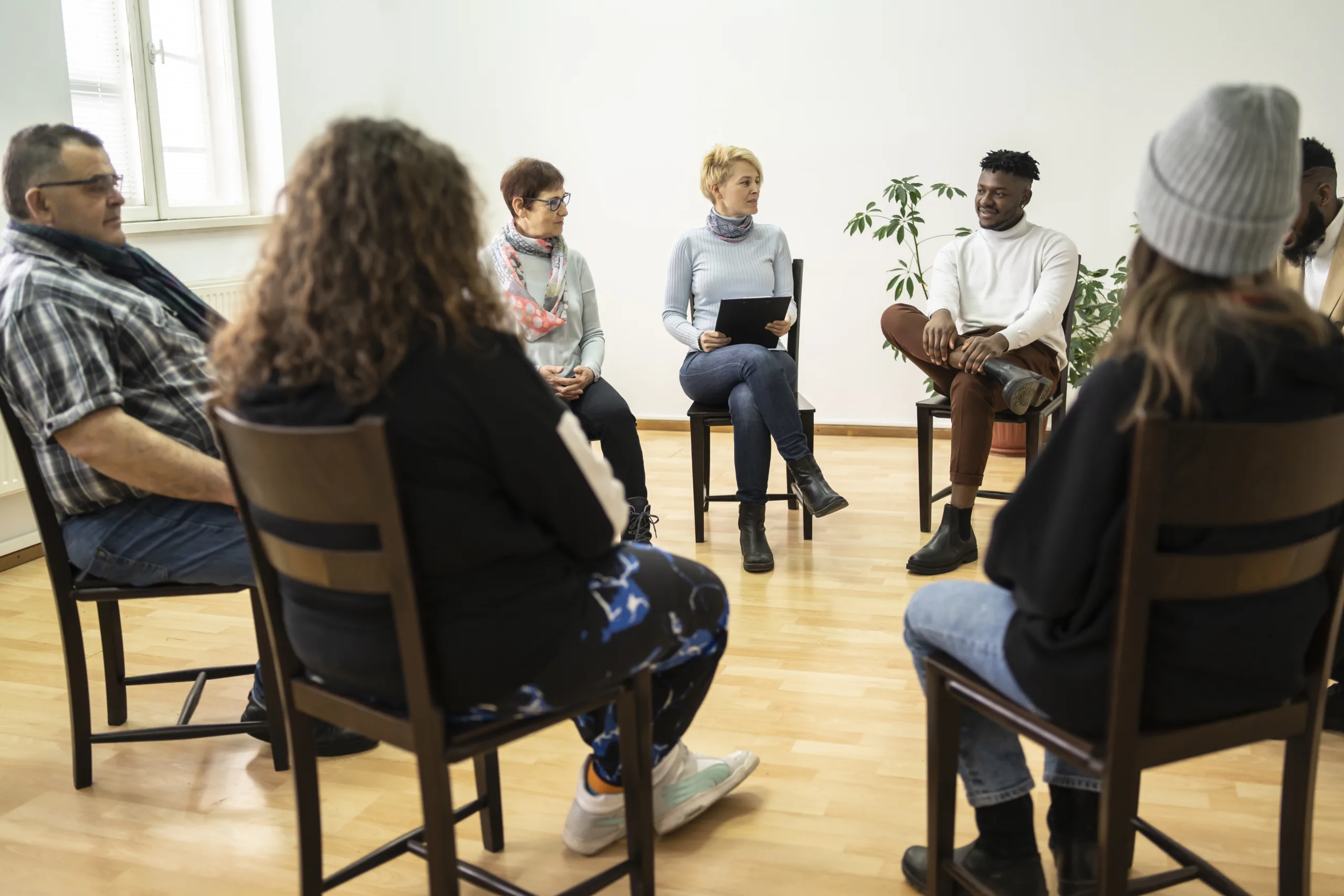


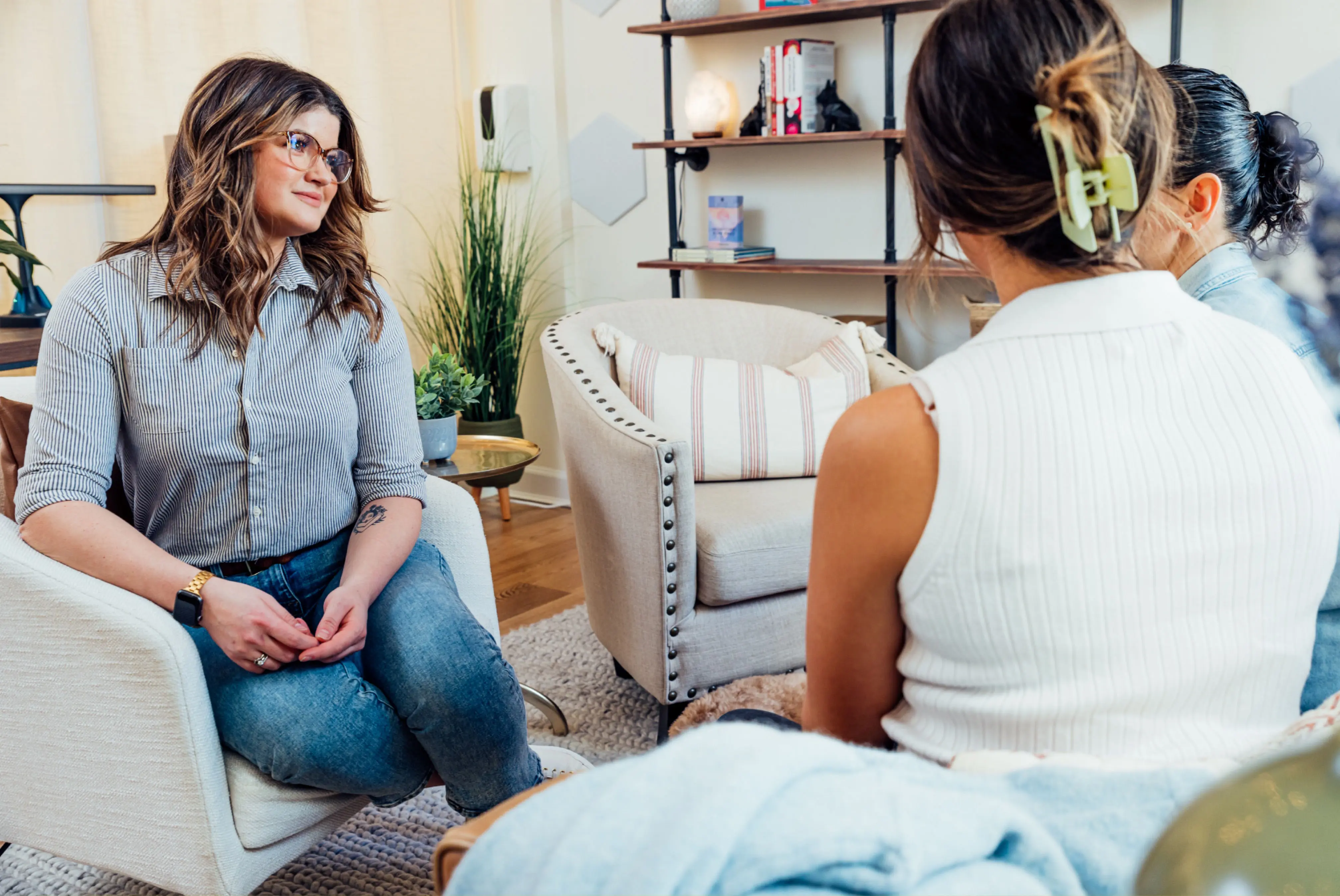




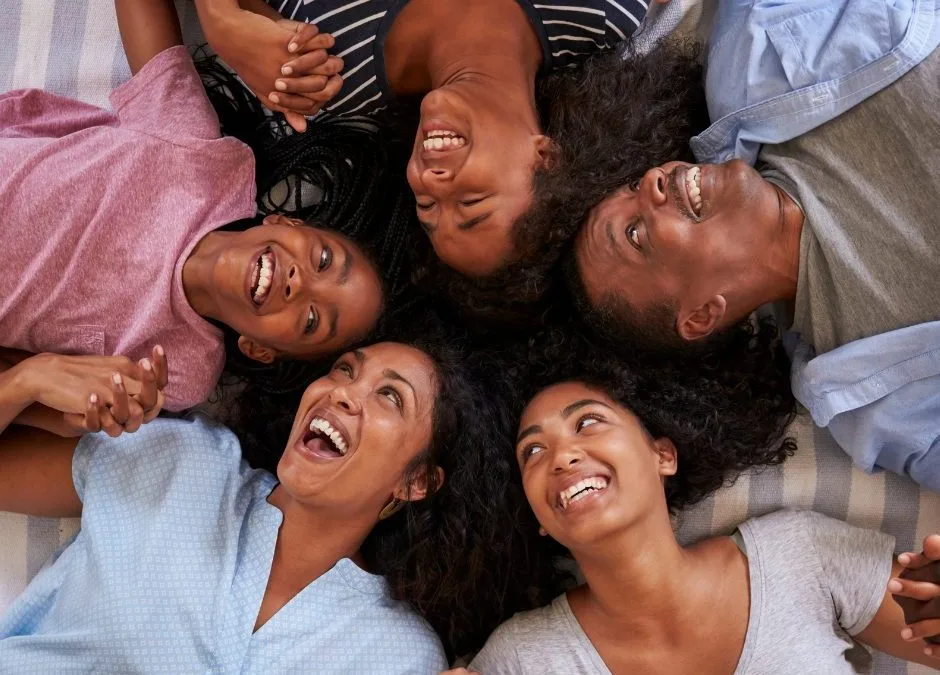




















West Centers – North Main Street
West Centers - North Main Street is a private, traditional rehab located in Monahans, TX. West Cente...

West Texas Centers Ward County
West Texas Centers Ward County is a private rehab located in Monahans, Texas. West Texas Centers War...


